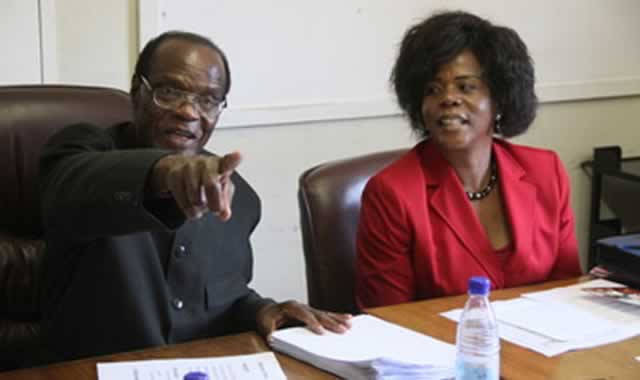Saudi to open up $531bn stock market
London. – Saudi Arabia will open up its stock market to foreign investors in the first half of 2015, providing greater access to the Arab world’s biggest exchange. The benchmark index surged to the highest level in six years.
The Capital Market Authority will publish next month rules for participation by qualified foreign financial institutions in the market, the regulator said in a statement on its website. The Tadawul All Share Index surged 3 percent to 10 046,64, the strongest level since May 2008, as of 12:21 p.m. in Riyadh.
Saudi Arabia is removing barriers on one of the world’s most-restricted major stock exchanges as the government pursues a $130 billion spending plan to boost non-oil industries. King Abdullah, the nation’s 90-year-old monarch, has kept the economy expanding at an average rate of 6.4 percent in the past four years even as Middle Eastern neighbours from Egypt to Iraq and Dubai grappled with political and financial-market turmoil.
“The big sleeping giant in the region is Saudi Arabia, a well-capitalised and large market that foreigners couldn’t get access to,” Gary Dugan, the chief investment officer at National Bank of Abu Dhabi PJSC, said by phone from Abu Dhabi.
“It’s exciting. It gives greater credibility to the region.”
The cabinet yesterday authorised overseas financial institutions to trade equities in the Tadawul All Share Index (SASEIDX) and gave the CMA scope to determine timing, according to the official news agency, SPA.
The CMA said it will seek feedback from investors and the public on the rules for 90 days and will review responses by the end of the year. Saudi’s exchange is currently limited to domestic investors and foreigners from the six-nation Gulf Cooperation Council.
The move is a “giant step” toward inclusion in MSCI Inc.’s emerging-markets index, NBAD’s Dugan said. Saudi Arabia is the biggest stock market outside China, where domestic shares are excluded from MSCI’s global gauges because of limits on foreign investors, according to data compiled by Bloomberg.
Saudi Arabia may be added to MSCI Inc.’s emerging-markets gauge by 2017 at the earliest, Sebastien Lieblich, executive director at MSCI Index Research, said by phone from Geneva today. The nation could account for about 4 percent of the index, he said.
The United Arab Emirates’ exchanges, along with Qatar’s, began trading as emerging markets last month after index provider MSCI reclassified them in June 2013.
“The move by Saudi Arabia helps accelerate efforts by the Gulf into becoming a more mainstream destination for international investors,” Ryan Huang, Singapore-based market strategist at IG Ltd, said by e-mail today. “Opening up the market will be a liquidity boost for Saudi corporations.”
Saudi Basic Industries Corp., the world’s biggest petrochemicals producer; Kingdom Holding Co, the investment vehicle of billionaire Prince Alwaleed bin Talal Al Saud; and Al Rajhi Bank (RJHI), the largest Islamic lender, are all listed on the Tadawul. Sabic surged 7.3 percent today, set for the highest close since September 2008.
The Tadawul has rallied 18 percent so far this year, compared with a 6.9 percent advance in the MSCI Emerging Markets Index and a 15 percent increase in the MSCI GCC Countries Index.
The CMA drafted a proposed set of rules for international investors more than a year ago, requiring a minimum $5 billion of assets under management and a five-year operating history. The rules, designed to limit speculative inflows, would also cap investment in local companies, a person with knowledge of the matter said in May.
Low Volatility
At least three banks, including HSBC Holdings Plc and Deutsche Bank AG, have executed test trades, three people said, asking not to be identified as the plans are private.
Access for money managers outside the GCC has so far been limited to indirect routes, including equity swaps and exchange-traded funds.
Mark Mobius, who oversees more than $40 billion as the executive chairman of Templeton Emerging Markets Group, said in November his firm could double or triple its investment in Saudi Arabia if authorities allow direct foreign access.
The Saudi index trades at 14.8 times estimated earnings for the next 12 months, compared with 11.2 for the emerging-markets index and 15 for Dubai. Ten-day volatility in the Tadawul index tumbled to a decade low of 2.98 on July 17, data compiled by Bloomberg show, before rising to 16.7 today. By contrast, price swings in Dubai’s DFM General Index (DFMGI) rose to an almost five-year high in July.
Gross domestic product in Saudi Arabia will probably expand by 4.2 percent in 2014, versus 3,8 percent last year, economist estimates compiled by Bloomberg show. – Bloomberg.









Comments